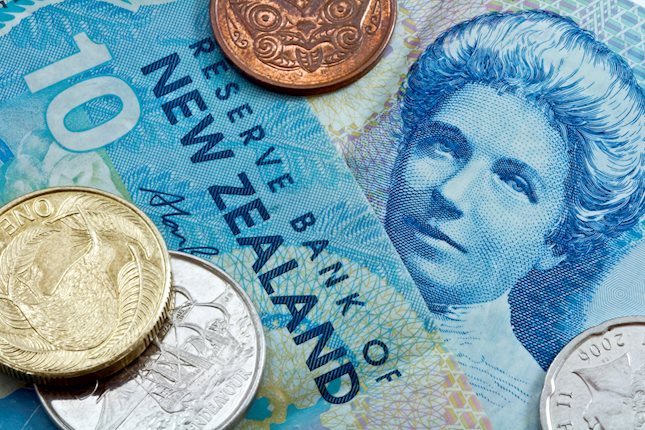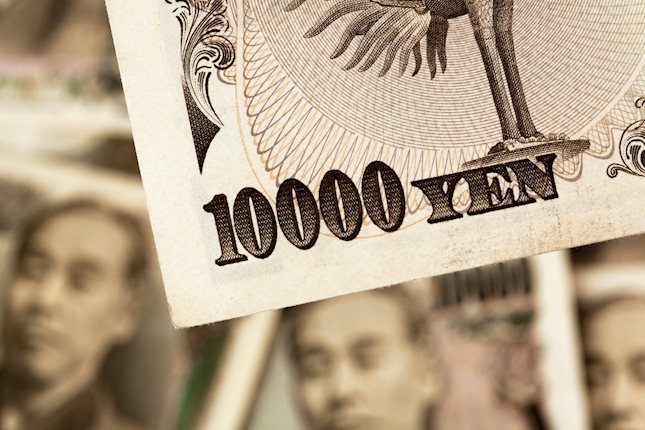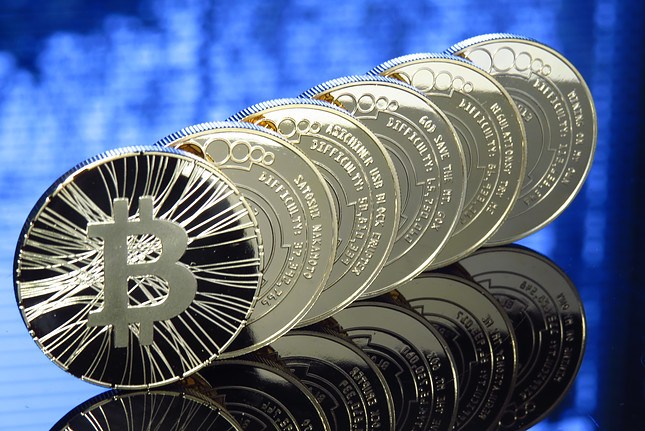- EUR/JPY gains upside traction as sentiment improves to the far-right sweep in the first round of the French election.
- HCOB Eurozone Manufacturing PMI was revised higher to 45.8 in June but remained below the survey average of 51.6.
- The Japanese Yen may limit its downside as an upbeat Japan’s business confidence data lifts market sentiment.
EUR/JPY continues its winning streak for the fourth consecutive day, trading around 173.30 during the European session on Monday. The Euro has gained upside traction as the traders reacted positively to the far-right sweep in the first round of the French snap election on Sunday.
Marine Le Pen’s National Rally confirmed its status as France’s leading political force, marking the highest turnout in three decades. While Le Pen’s party secured a clear but not definitive victory, uncertainty prevails ahead of the second round of voting on July 7, as reported by France 24.
HCOB Eurozone Manufacturing PMI was revised higher to 45.8 in June from a preliminary estimate of 45.6. Still, the PMI remains well below the survey average of 51.6, with output contracting at the fastest rate so far this year. European Central Bank (ECB) Governing Council member Olli Rehn suggested last week that the central bank might cut interest rates twice more this year.
In Japan, upbeat Japan’s business confidence data lifts market sentiment, which might support the Japanese Yen, limiting the upside of the EUR/JPY cross. Japan’s Tankan Large Manufacturing Index rose to 13 in the second quarter from the previous reading of 11. The index hit the highest level in two years amid an improving economic outlook. Meanwhile, Japan’s Jibun Bank Manufacturing PMI for June was revised slightly lower to 50 from a preliminary reading of 50.1 but remained expansionary for the second straight month.
Additionally, the expected speculations about an imminent intervention by Japanese authorities also support the JPY. Reuters reported on Friday that Japanese Finance Minister Shunichi Suzuki said that the authorities were "deeply concerned" about the impact of "rapid and one-sided" foreign exchange moves on the economy. Suzuki added that excessive volatility in the currency market is undesirable and that authorities will respond appropriately to such moves.
Risk sentiment FAQs
In the world of financial jargon the two widely used terms “risk-on” and “risk off'' refer to the level of risk that investors are willing to stomach during the period referenced. In a “risk-on” market, investors are optimistic about the future and more willing to buy risky assets. In a “risk-off” market investors start to ‘play it safe’ because they are worried about the future, and therefore buy less risky assets that are more certain of bringing a return, even if it is relatively modest.
Typically, during periods of “risk-on”, stock markets will rise, most commodities – except Gold – will also gain in value, since they benefit from a positive growth outlook. The currencies of nations that are heavy commodity exporters strengthen because of increased demand, and Cryptocurrencies rise. In a “risk-off” market, Bonds go up – especially major government Bonds – Gold shines, and safe-haven currencies such as the Japanese Yen, Swiss Franc and US Dollar all benefit.
The Australian Dollar (AUD), the Canadian Dollar (CAD), the New Zealand Dollar (NZD) and minor FX like the Ruble (RUB) and the South African Rand (ZAR), all tend to rise in markets that are “risk-on”. This is because the economies of these currencies are heavily reliant on commodity exports for growth, and commodities tend to rise in price during risk-on periods. This is because investors foresee greater demand for raw materials in the future due to heightened economic activity.
The major currencies that tend to rise during periods of “risk-off” are the US Dollar (USD), the Japanese Yen (JPY) and the Swiss Franc (CHF). The US Dollar, because it is the world’s reserve currency, and because in times of crisis investors buy US government debt, which is seen as safe because the largest economy in the world is unlikely to default. The Yen, from increased demand for Japanese government bonds, because a high proportion are held by domestic investors who are unlikely to dump them – even in a crisis. The Swiss Franc, because strict Swiss banking laws offer investors enhanced capital protection.
Information on these pages contains forward-looking statements that involve risks and uncertainties. Markets and instruments profiled on this page are for informational purposes only and should not in any way come across as a recommendation to buy or sell in these assets. You should do your own thorough research before making any investment decisions. FXStreet does not in any way guarantee that this information is free from mistakes, errors, or material misstatements. It also does not guarantee that this information is of a timely nature. Investing in Open Markets involves a great deal of risk, including the loss of all or a portion of your investment, as well as emotional distress. All risks, losses and costs associated with investing, including total loss of principal, are your responsibility. The views and opinions expressed in this article are those of the authors and do not necessarily reflect the official policy or position of FXStreet nor its advertisers. The author will not be held responsible for information that is found at the end of links posted on this page.
If not otherwise explicitly mentioned in the body of the article, at the time of writing, the author has no position in any stock mentioned in this article and no business relationship with any company mentioned. The author has not received compensation for writing this article, other than from FXStreet.
FXStreet and the author do not provide personalized recommendations. The author makes no representations as to the accuracy, completeness, or suitability of this information. FXStreet and the author will not be liable for any errors, omissions or any losses, injuries or damages arising from this information and its display or use. Errors and omissions excepted.
The author and FXStreet are not registered investment advisors and nothing in this article is intended to be investment advice.
Recommended content
Editors’ Picks

NZD/USD trims gains to near 0.5850 as RBNZ Orr speaks
NZD/USD has trimmed gains to reverse near 0.5850 early Wednesday. The New Zealand Dollar found fresh buyers after the RBNZ announced 50 bps interest rate cut to 4.25%, as widely expecteed but RBNZ Governor Orr's prudent remarks check the pair's upside.

USD/JPY stays pressured below 153.00, US data eyed
USD/JPY slides to over a two-week low below 153.00 early Wednesday as Trump's tariff threats continue to drive haven flows towards the JPY and exert pressure on spot prices. That said, doubts over the BoJ's ability to tighten its monetary policy further should cap gains for the JPY. US data eyed.

Gold price consolidates amid mixed cues; holds comfortably above $2,600
Gold price struggles to capitalize on the overnight bounce from the $2,600 neighborhood or over a one-week low and trades with a mild negative bias on Wednesday. The prevalent risk-on environment, expectations for a less dovish Fed, elevated US bond yields and the underlying bullish sentiment surrounding the USD act as a headwind for the commodity.

Bitcoin remains short of $100K as long-term holders capitalize on recent price rise
Bitcoin (BTC) trades below $95K on Tuesday following increased selling pressure among long-term holders (LTH) after a series of new all-time highs (ATH).

Eurozone PMI sounds the alarm about growth once more
The composite PMI dropped from 50 to 48.1, once more stressing growth concerns for the eurozone. Hard data has actually come in better than expected recently – so ahead of the December meeting, the ECB has to figure out whether this is the PMI crying wolf or whether it should take this signal seriously. We think it’s the latter.

Best Forex Brokers with Low Spreads
VERIFIED Low spreads are crucial for reducing trading costs. Explore top Forex brokers offering competitive spreads and high leverage. Compare options for EUR/USD, GBP/USD, USD/JPY, and Gold.